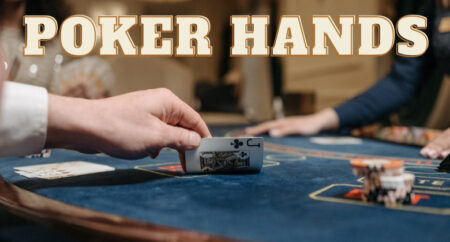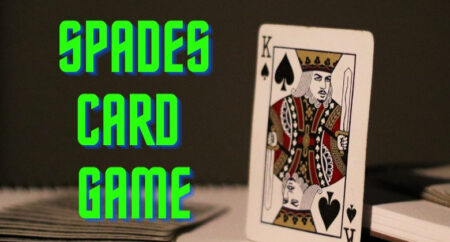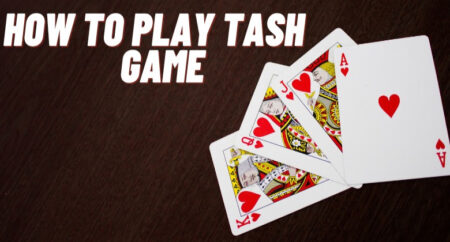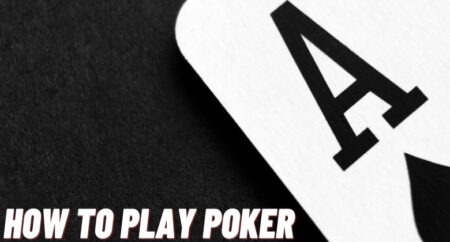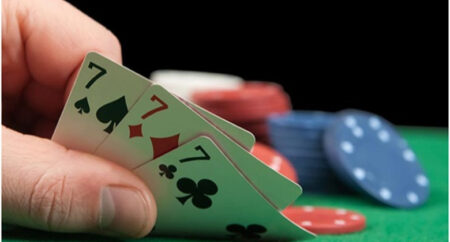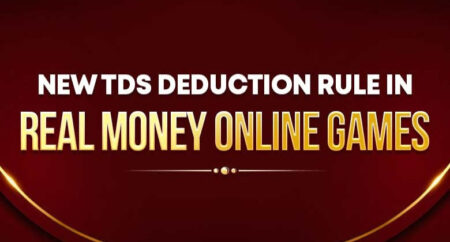By Aakriti Kapur Rummy Strategies | Updated On: Dec 23, 2022 10:08 AM
980
All the 90s generation people are big-time fans of classic games. Games that were part and parcel of childhood. One such game is classic rummy, i.e., a card game loved and enjoyed by people of all ages during festivals and get-togethers. It has gained a lot of popularity, so much so that now online gaming platforms offer card game fans an opportunity to play rummy online from anywhere, anytime.
On Junglee Rummy, you can play rummy online with real-time players who are as enthusiastic about card games as you are. This all-time traditional and classic game has merged with the advanced digital world, giving players an extraordinary gaming experience.
What is a classic rummy game?
A classic rummy game is a type of card game in which the players are expected to pick a card from a closed deck and simultaneously discard a card to the open deck. This is a 13 card game, also considered an Indian rummy game. In this game, 13 cards are dealt to every player on the table. The classic rummy game can be played among a minimum of 2 players and a maximum of 6 players. There are several variants available on Junglee Rummy, allowing players to play variants as per their mood. The different variants of the classic rummy games available on the app are Points rummy, Deals rummy, Pool rummy, and spin & go.
What is the format of the classic rummy game?
Though there are several rummy variants available, still the format of playing rummy remains as classic as it was in the 90s. The format is the same as mentioned above; the classic rummy game is played between 2 to 6 players with 13 cards dealt to each player. The objective of players in rummy is to arrange the dealt cards in valid sequences and sets. The process of rummy here is to first form a pure sequence because creating a pure sequence in rummy is mandatory. The arrangement will only be considered a valid arrangement if all 13 cards are arranged in such a way that there are at least 2 sequences, of which 1 has to be a pure sequence.
Important terms used in Classic rummy game
Sort
Sort is the button provided on the table that can be clicked to sort the cards based on suits.
Buy In/ Entry Fee
Entry fee refers to the amount a player pays to enter the rummy cash tournament game.
Closed Deck
A closed deck is a pack of cards faced down and yet to be picked by the players.
Open Deck
Open deck refers to the card that is kept facing up i.e, those cards whose value is clearly visible. A player either picks or discards a card to the open deck.
Deal
A deal, as the name suggests, is the distribution of cards given to every player by a person called a dealer at the beginning of every game.
Dealer
The dealer is the player who deals the cards at the start of every hand.
Declare
When all 13 cards of the player are arranged as per classic rummy rules, the player can make a valid declaration to win the game before his/her opponent declares.
Discard
During the game, if the card you have in hand is not working for you, then you can discard that card and pick another card either from the open or closed deck.
Draw
The draw means when it is the player’s turn, they get to pick a card from the open or closed deck, and this process of choosing the card is called as drawing of cards in a classic rummy game.
Drop
If the player wishes to leave at any point during the game, there is a ‘drop’ button to leave the game. It is recommended to leave the game either before the 1st turn or soon after 1st turn so that you do not end up with an increased point. The high points would indicate that you would also lose an increased amount.
Face Card
Face cards are cards that do not have a specific value written on them, like all Kings, Queens, and Jacks of all suits are face cards in the game. All face cards hold the same value, i.e., 10 points each.
Hand
A hand refers to the cards the players receive from which they have to arrange them in sequences and/or sets.
Pure Sequence
A pure sequence is when a group of three or more consecutive cards of the same suit is arranged without including any joker in that sequence.
Impure / Second Sequence
An impure sequence is when a group of three or more consecutive cards of the same suit is formed with a Joker.






